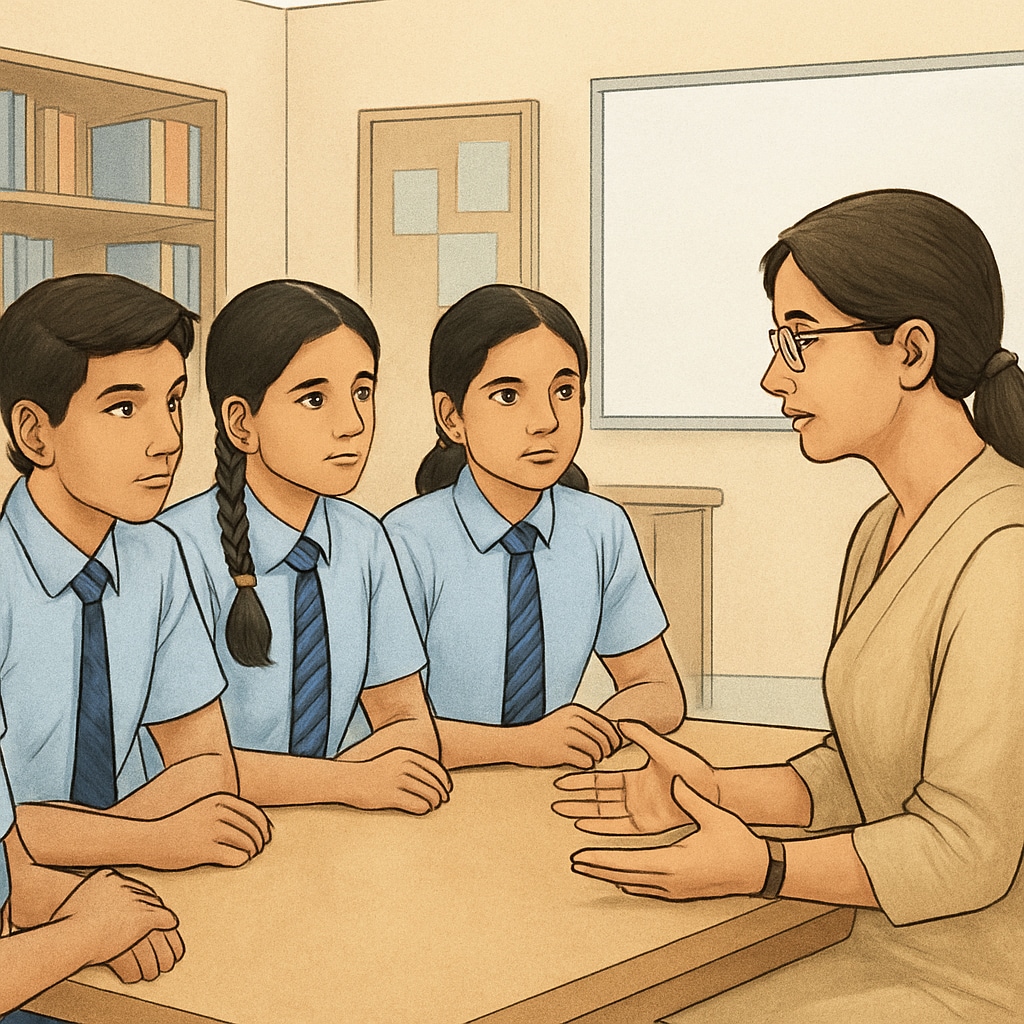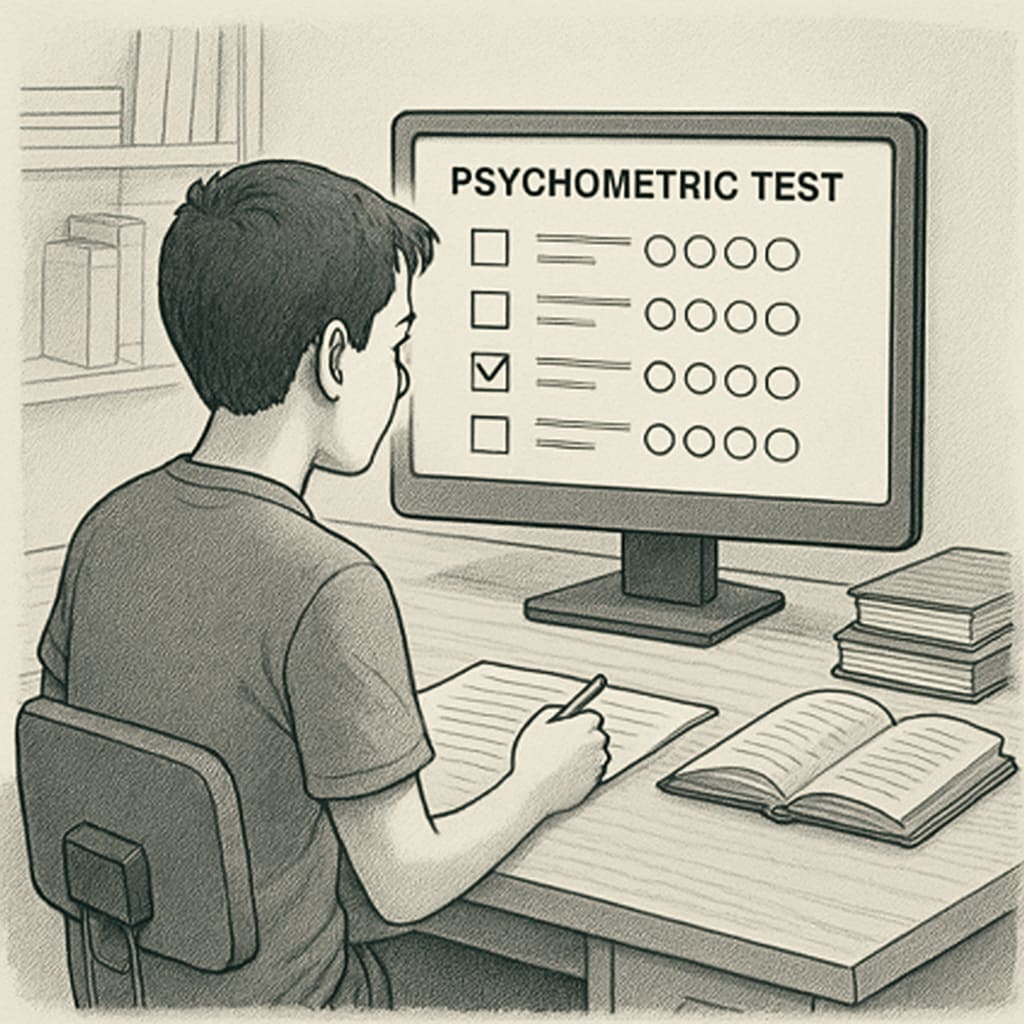Struggling with academic planning, career choices, and professional dilemmas is a common challenge for many students, particularly in India. The pressure to align educational paths with societal expectations while staying true to personal passions often leads to confusion. In this article, we dive into the root causes of these struggles and offer strategies to help students navigate their journey with confidence and clarity.

Understanding the Conflict Between Tradition and Personal Interests
In India, traditional expectations often play a significant role in shaping students’ academic and career decisions. Parents and families may encourage stable, prestigious professions such as engineering, medicine, or law. While these fields offer financial security and societal respect, they may not always align with a student’s passions or skills.
For example, a student passionate about creative arts may feel pressured to pursue a career in software engineering due to family expectations. This disconnect can lead to dissatisfaction and a lack of motivation in their academic journey. According to a Britannica report on education, aligning education with personal interests often leads to better performance and long-term satisfaction.
Building Decision-Making Skills for Academic and Career Planning
To address these challenges, students must learn to make informed decisions about their education and career. Here are some strategies to build decision-making skills:
- Self-Assessment: Encourage students to evaluate their strengths, weaknesses, interests, and values. Tools like psychometric tests can help identify suitable career paths.
- Research Opportunities: Students should explore various fields and understand the scope, growth potential, and day-to-day responsibilities of different professions.
- Seek Guidance: Consulting with career counselors, mentors, or professionals in their areas of interest can provide valuable insights.
- Experiment: Encourage participation in internships, workshops, or part-time roles to gain hands-on experience in potential fields of interest.
By fostering these skills, students can make choices that balance their personal aspirations with practical considerations.

Promoting a Holistic Education System
One of the biggest barriers to resolving academic and professional dilemmas is the rigidity of the education system. A more flexible, student-oriented approach can help students explore diverse interests and make informed choices. Here’s what a holistic education system might include:
- Interdisciplinary Learning: Allowing students to study a mix of subjects, such as combining science with arts, can help them develop varied skills.
- Focus on Soft Skills: Emphasizing communication, teamwork, and critical thinking alongside technical knowledge prepares students for dynamic career landscapes.
- Encouraging Passion Projects: Schools and universities can support students in pursuing extracurricular projects that align with their interests.
For instance, as noted in a Wikipedia article on career counseling, integrating career guidance into school curriculums can bridge the gap between education and employment.
Aligning Academic Planning with Long-Term Goals
Ultimately, successful academic planning and career choices require a balance between immediate educational decisions and long-term professional goals. Students should regularly revisit and refine their plans as they gain more clarity about their interests and the job market. Parents and educators play a crucial role in supporting this journey by creating an environment that values individuality and growth.
By fostering self-awareness, encouraging exploration, and promoting flexibility, students can navigate the complexities of academic planning, career choices, and professional dilemmas with greater ease and confidence.
Readability guidance: Use concise paragraphs and lists to summarize key points. Ensure smooth transitions between sections with phrases like “for example,” “in addition,” or “as a result.” Limit passive voice and lengthy sentences to maintain an engaging tone.


